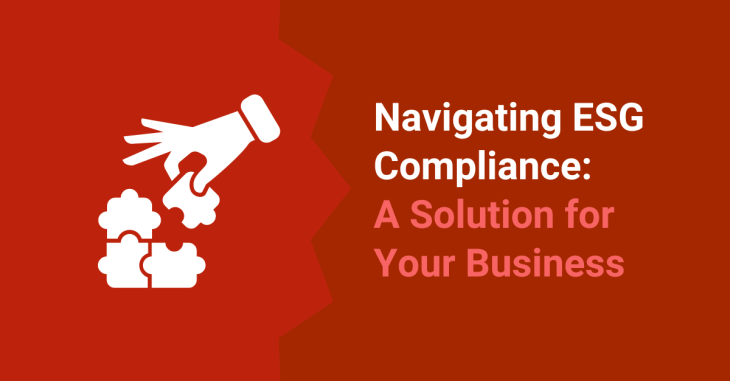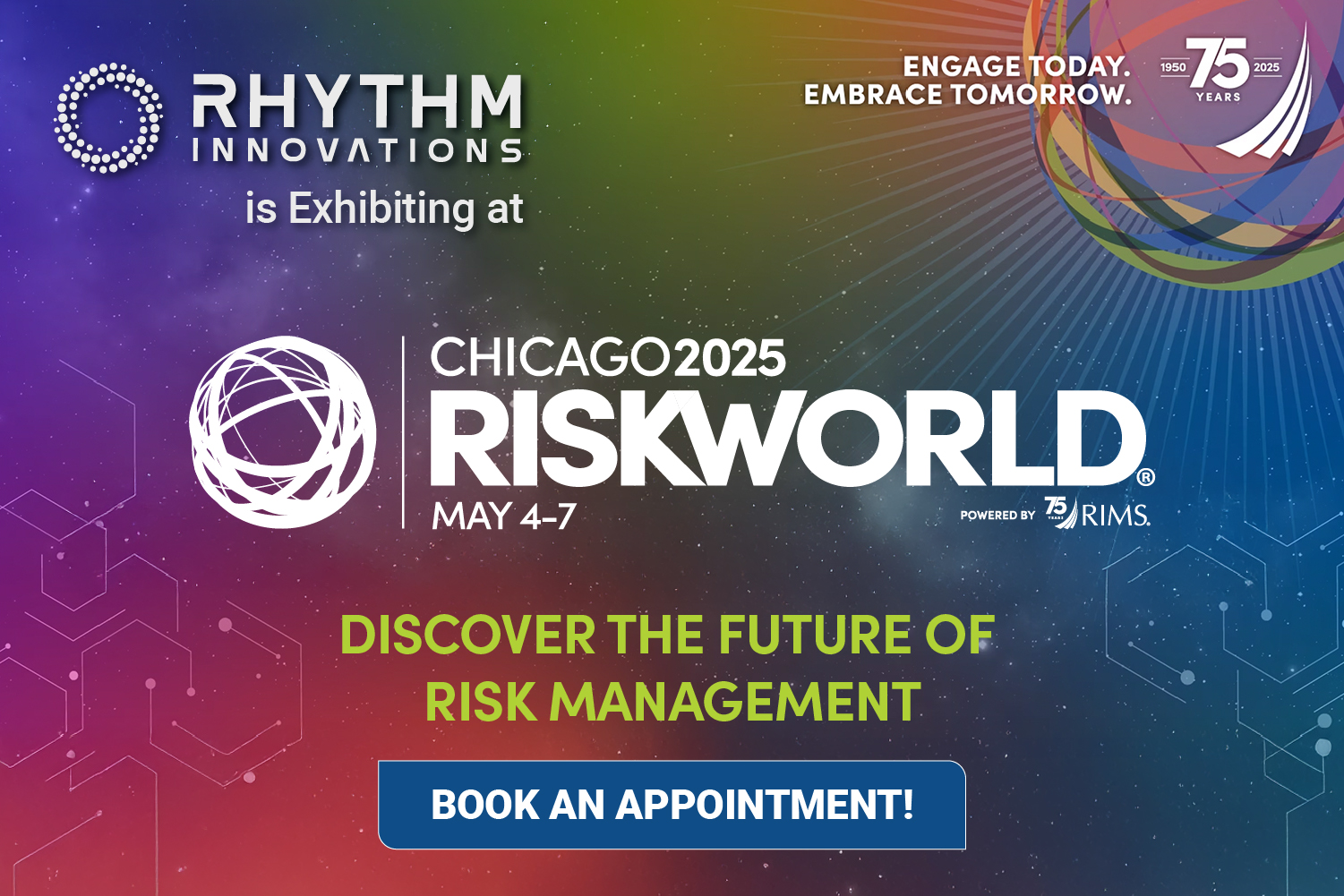Navigating ESG Compliance: A Solution for Your Business

In today’s evolving business landscape, companies increasingly recognize the importance of Environmental, Social, and Governance (ESG) factors in their operations. Sustainability concerns have gained prominence globally, leading stakeholders to scrutinize businesses for their impact on the planet, society, and corporate governance. This shift highlights a growing awareness of the interconnectedness between business practices and broader societal and environmental challenges. As a result, businesses are facing increasing pressure to prioritize ESG considerations and demonstrate their commitment to sustainable practices.
Understanding the Regulatory Landscape
Various regulatory frameworks shape ESG compliance across different jurisdictions. Businesses face numerous requirements to enhance ESG reporting transparency and accountability. Some examples are the European Union’s Sustainable Finance Disclosure Regulation (SFDR) and the Task Force on Climate-related Financial Disclosures (TCFD).
Additionally, national and regional regulations continue to evolve, reflecting the growing consensus on the need for standardized ESG practices. These regulations encompass diverse aspects, including carbon emissions reporting, diversity and inclusion initiatives, supply chain transparency, and board diversity requirements.
Implications for Businesses
For businesses, compliance with ESG regulations is no longer merely a matter of corporate social responsibility. It is a strategic imperative with tangible implications for long-term viability and competitiveness. Failure to adhere to ESG standards exposes companies to regulatory risks, jeopardizes their reputation, and can affect investor confidence.
Moreover, non-compliance can result in financial penalties, legal repercussions, and damage to brand reputation. In contrast, companies that embrace ESG principles benefit from enhanced stakeholder trust, access to capital, and opportunities for market differentiation.

The Role of Technology in ESG Compliance
In navigating the complex landscape of ESG compliance, technology emerges as a crucial enabler. ESG management platforms, fortified by strong data analytics capabilities, play a crucial role in empowering businesses. These platforms enable seamless data collection, real-time monitoring of performance metrics, and the generation of comprehensive reports.
These technologies not only streamline compliance efforts but also offer companies valuable insights into their ESG performance. This includes identifying areas for improvement and informing strategic decision-making processes. From automated data gathering to real-time monitoring and predictive analytics, technology plays an important role in enhancing ESG accountability.
Embracing ESG as a Strategic Advantage
Despite the compliance challenges posed by ESG regulations, forward-thinking companies recognize the immense opportunities embedded within sustainable practices. By integrating ESG considerations into their foundational business strategies, organizations can unlock numerous benefits. This integration fuels innovation, enhances adaptability to changing market dynamics, and fortifies resilience in the face of environmental and social challenges. Moreover, it fosters a culture of responsibility and ethical leadership, contributing to broader societal well-being and environmental sustainability.
Businesses that prioritize ESG initiatives often experience benefits beyond regulatory compliance, including operational efficiency, reduced resource consumption, and employee engagement. ESG-driven innovation can also lead to the development of new products and services that address emerging societal needs and market demands. For instance, companies may leverage renewable energy sources or implement circular economy principles in their production processes.

Conclusion
In the landscape of ESG compliance, various regulatory acts play a crucial role in shaping business practices and driving accountability. Among these acts are the Sustainable Finance Disclosure Regulation (SFDR) introduced by the European Union. The SFDR mandates financial institutions and companies to disclose ESG-related information to investors. Similarly, the Task Force on Climate-related Financial Disclosures (TCFD) recommendations serves as a framework for companies to evaluate climate-related risks. By implementing TCFD guidelines, businesses can enhance their resilience to climate impacts and identify potential areas for improvement. Additionally, the EU Taxonomy Regulation sets criteria for determining whether economic activities are environmentally sustainable, guiding investors towards sustainable investments.
Meanwhile, in the United States, the Securities and Exchange Commission (SEC) has been increasing its focus on ESG disclosures. The SEC signals a growing regulatory trend towards greater transparency and accountability in ESG reporting. These acts collectively underscore the growing importance of ESG considerations in regulatory frameworks worldwide. They emphasize the need for businesses to integrate sustainable practices into their operations to ensure compliance and long-term viability.
In a world with pressing environmental and social challenges, the imperative for ESG compliance transcends regulatory mandates. It embodies a collective responsibility to build a more sustainable and equitable future for generations to come. By embracing ESG principles businesses can navigate the complexities of compliance while seizing opportunities for innovation, growth, and positive societal impact.
About Rhythm Innovations
Rhythm Innovations, as a forward-thinking company, works alongside companies to aid them in their ESG compliance and sustainability efforts. With its streamlined Supply Chain Risk & ESG platform, Rhythm Innovations can help your organization meet its ESG goals with a streamlined Supplier Engagement process. Make decision-making and reporting simple and transparent with Rhythm’s best-in-class data analytics.


